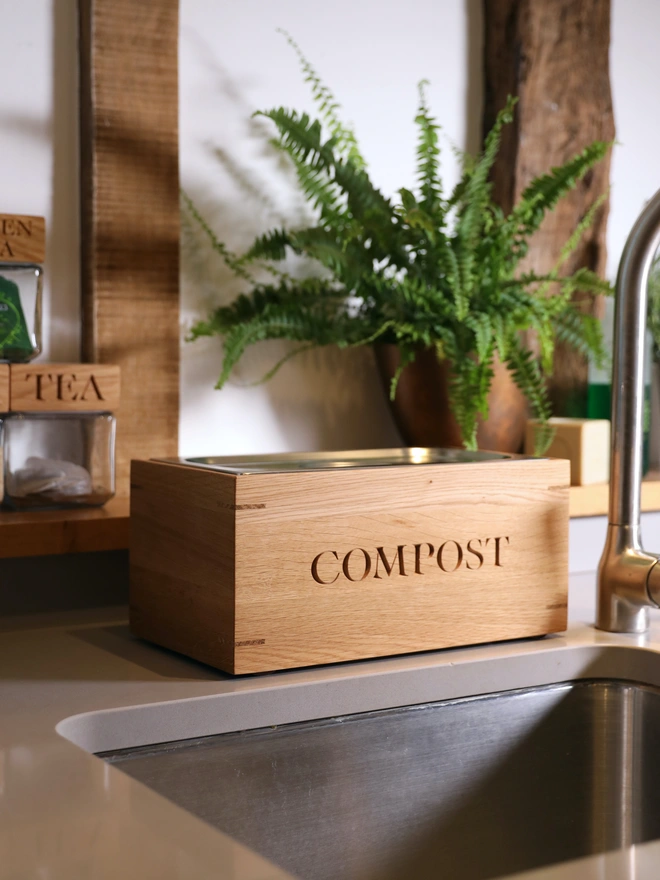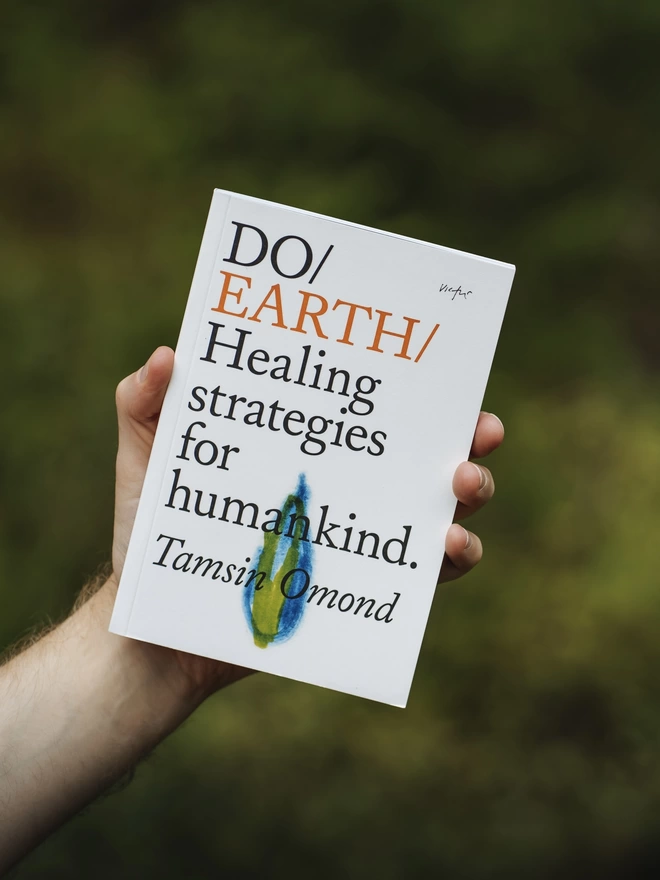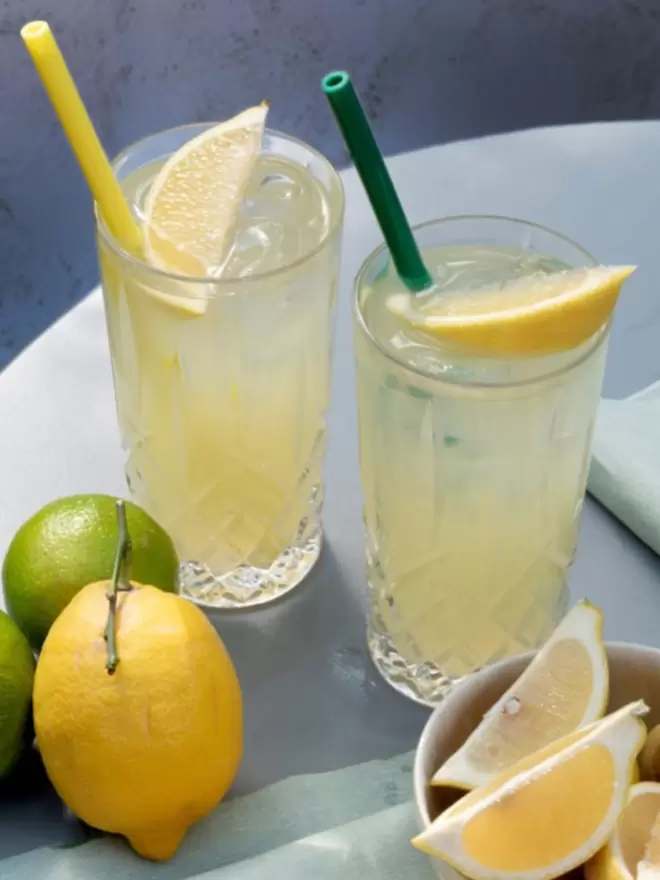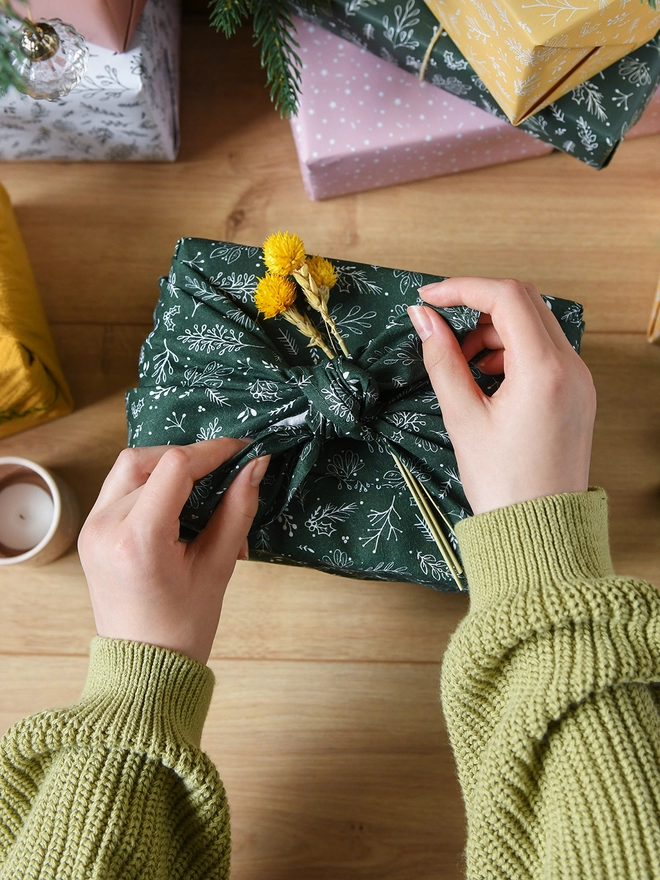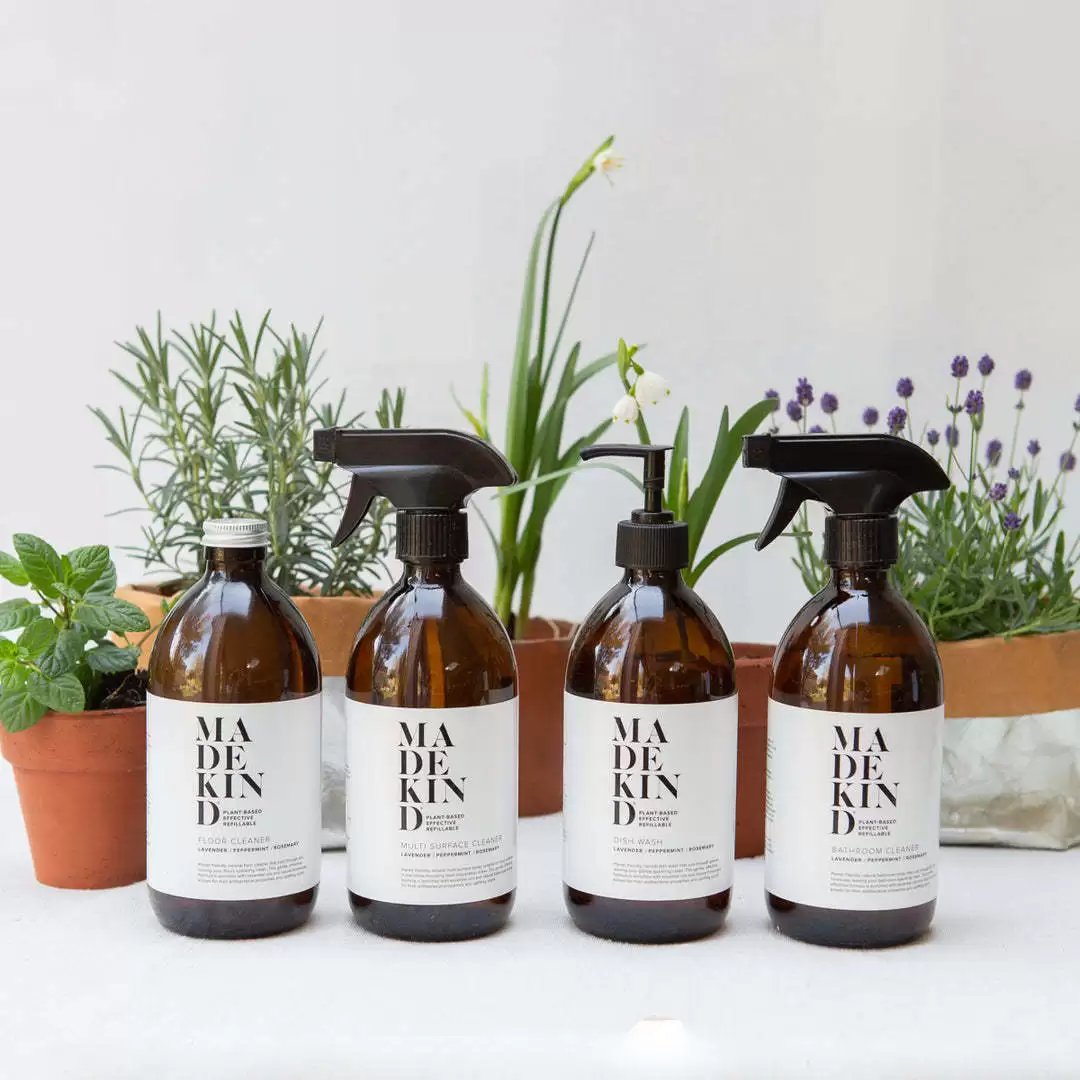
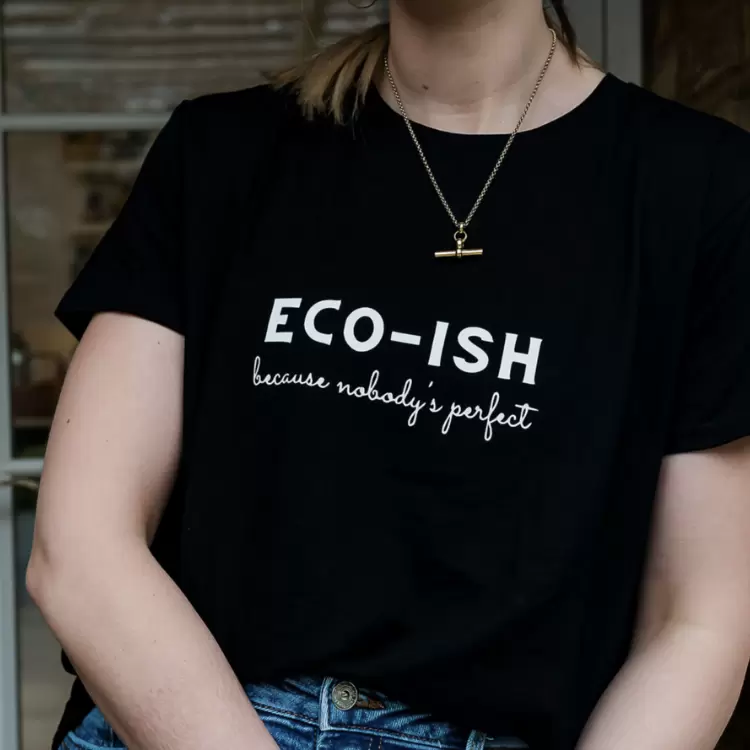
Go green: easy eco-swaps to make your home more eco-friendly
UPDATED 15TH SEPTEMBER 2023
Becoming eco-friendly can begin with being 'eco-ish'. Here are some small swaps you could make.
Eco warrior or ‘eco-ish’: every little helps
Can I be honest with you? In the past I think I haven’t made eco-swaps because I’ve been so paralysed by the magnitude of everything that needs to be done to stop the climate crisis. I kind of felt that whatever I did to become more eco-friendly simply wouldn’t be enough. If I committed to going vegetarian once a week would I be told why I need to be a 100% vegan? Should I only be taking my tupperware to fill up with grains? Or only eating food from within a five mile radius?
I’m sure you all know that nagging feeling of perfectionism where you want to nail absolutely everything you do — but then I was reminded of something Anne Marie Bonneau, a zero waste chef said, “We don’t need a handful of people doing zero waste perfectly. We need millions of people doing it imperfectly.” And so, rather than striving to be an eco-warrior and constantly feeling inadequate (I think us women do that enough thank you very much), I’m embracing being ‘eco-ish’.
How to be more eco-friendly? Choose smart green products
What does being ‘eco-ish’ mean? It doesn’t mean not trying. It means not berating yourself for not doing absolutely everything you possibly could to make a difference but at least giving it a bloody good go. And also bothering to look into where your products come from or how they’re made. So in the spirit of playing my part, I’ve made some quick, everyday household product swaps that I hope might inspire you to do the same.
Let’s start with your eco-friendly cleaning products. Call me shallow, but I like beautifully designed ones. I also now look for refillable glass bottles and anything that’s natural / non-toxic. Many reviews say they’re just as effective as the regular varieties but thankfully, much less harmful.
For toilet roll, I look for plastic-free, bamboo paper. The one I use (Who Gives A Crap) also donates 50% of profits to clean water and sanitation non-profit organisations, so it’s doing a world of good there, too. Remember, even if you just swap one thing, it helps.

Some eco inspiration…
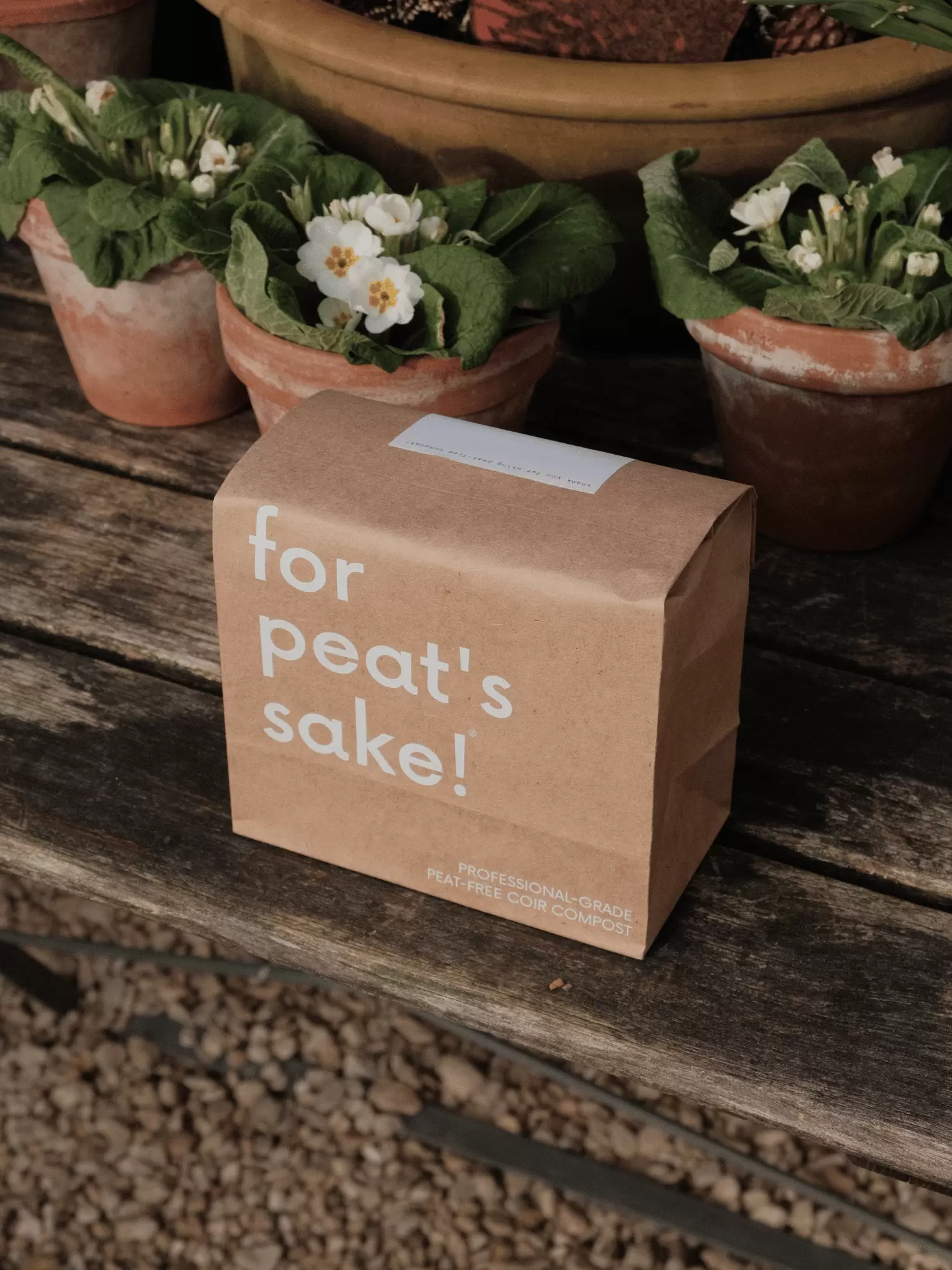
Peat-Free Eco Coir Compost
Sustainable, eco-friendly habits: discover something new
For anyone with little ones, wooden plates are better than plastic. They last longer too. Or beeswax wraps instead of cling film. They save you money because they’re reusable, and also compostable. They even keep your food fresher too thanks to having natural, antibacterial properties. Compostable coffee pods are also a positive swap to make if you have a coffee machine (especially if they’re filled with ethically sourced coffee). Generally, buy less but buy better, choose handmade pieces over those that are mass produced. If we don’t buy rubbish to begin with, we’ll have less rubbish to get rid of.
Watch out for greenwashing on ‘eco-friendly’ products
As a final note on that, it’s a good idea to always check how a product is ‘eco-friendly’ or ‘sustainable’. We always ask this when we bring on a business to work with us. For example, they can only use our ‘Made of recycled materials’ badge if they can prove that their product and packaging is 100% recyclable, so keep an eye out for this.
Looking for more inspiration? Read my Why I’m so proud of UK made products article and listen to my social purpose podcast collection. Together, we can change the world (or at least make it a little bit happier!).
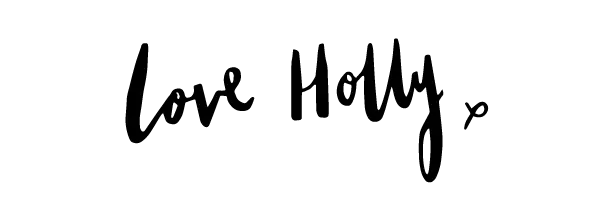
More inspiration for you
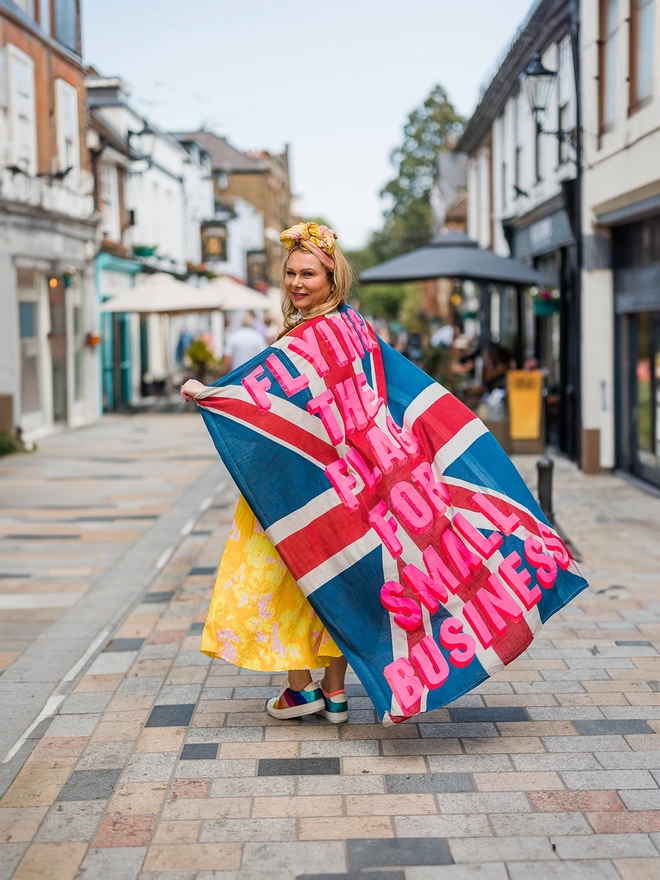
Why I’m so proud of UK made products: flying the flag for UK makers
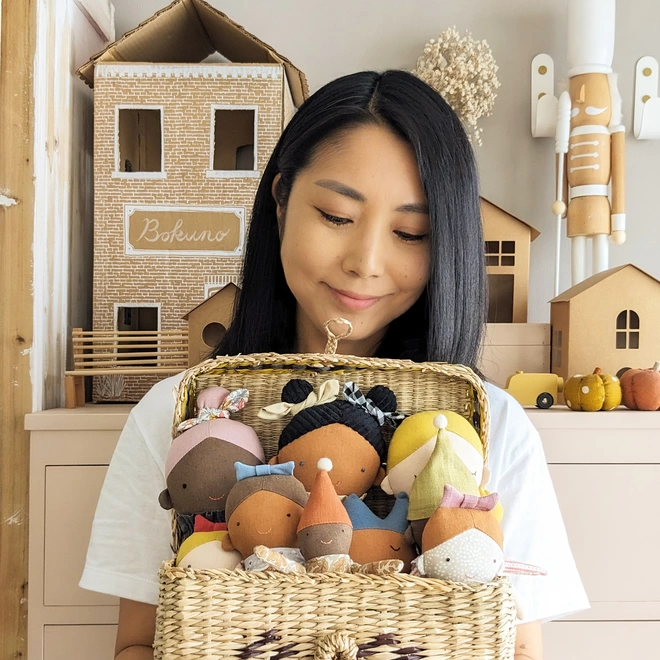
Why is diversity in toys important? The power of representation
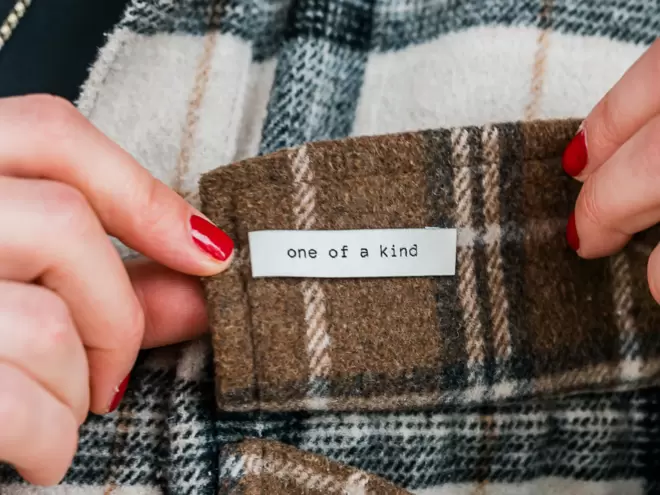
Labelling people: how does it help if you’re a conscious consumer?
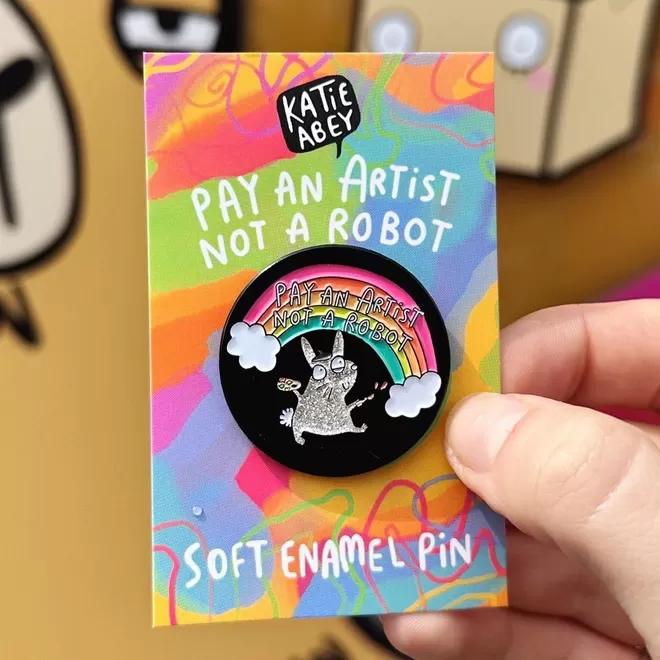
Celebrating the beauty of handmade: Why craftsmanship beats AI
Be the first to know
Sign up to our emails for brand new small business magic and inspiration. And if you create an account, you’ll also get exclusive product drops, discounts and more from Club Holly & Co, too.

